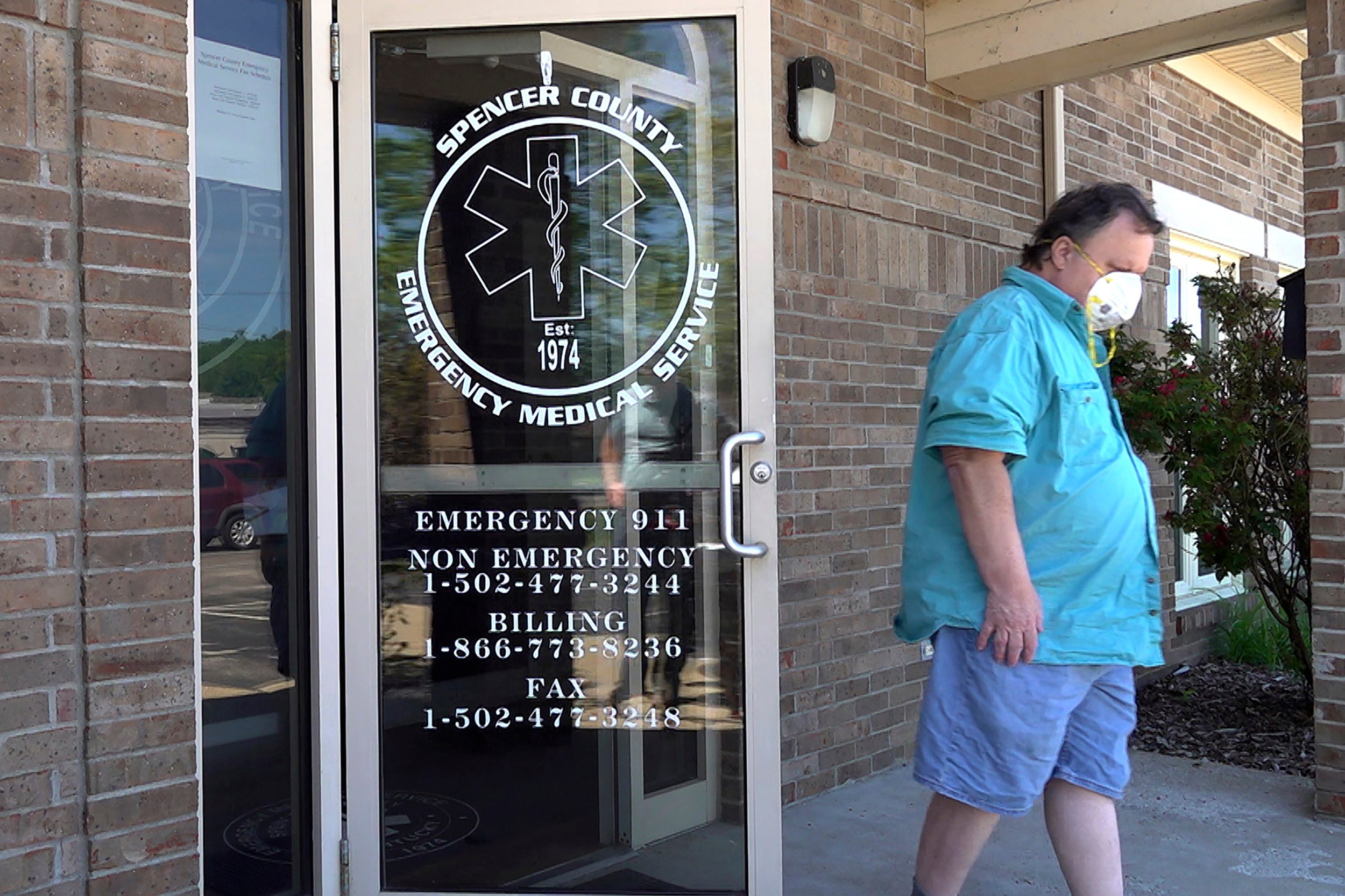New Covid variant from Japan detected in Kentucky nursing home
Many unique mutations in the R.1 coronavirus variant empowers it to bypass antibodies in a victim

Your support helps us to tell the story
From reproductive rights to climate change to Big Tech, The Independent is on the ground when the story is developing. Whether it's investigating the financials of Elon Musk's pro-Trump PAC or producing our latest documentary, 'The A Word', which shines a light on the American women fighting for reproductive rights, we know how important it is to parse out the facts from the messaging.
At such a critical moment in US history, we need reporters on the ground. Your donation allows us to keep sending journalists to speak to both sides of the story.
The Independent is trusted by Americans across the entire political spectrum. And unlike many other quality news outlets, we choose not to lock Americans out of our reporting and analysis with paywalls. We believe quality journalism should be available to everyone, paid for by those who can afford it.
Your support makes all the difference.A new variant of the coronavirus which originated in Japan has now been detected at a nursing home in Kentucky, where it infected 45 residents and healthcare workers.
The R.1 variant of the virus is related to the original coronavirus strain and contains "many unique mutations" that can lead to “increased resistance to antibodies in convalescent sera and to neutralising monoclonal antibodies."
The evolved variant was successful in affecting multiple vaccinated people by circumventing antibodies. The variant was detected in April in an outbreak at a Kentucky nursing facility where nearly all residents were vaccinated.
An investigation by the Kentucky Department of Public Health revealed an unvaccinated, infected staffer initiated the outbreak in early March.
Former Harvard Medical School professor and infectious disease expert Dr William A Haseltine, in an article published in Forbes, suggested that the "R.1 is a variant to watch" as it has already "established a foothold in both Japan and the United States".
According to the GISAID SARS-CoV-2 database, the variant has infected over 10,000 people globally. The variant shares the highly infectious D614G mutation that is present in other variants of concern such as the Delta, Alpha, Beta and Gamma.
The mutation in the spike protein — called E484K — conveys increased resistance to antibodies. The E484K substitutes the negatively charged residue glutamic acid for the positively charged lysine and is present in the Beta, Gamma, Eta, Iota, and Mu variants.
An identical mutation at position 152 is present in one of the minor variants of the Delta strain that originated in India, Dr Haseltine wrote. The highly contagious Delta variant first plagued India and the Asian subcontinent this summer then rapidly spread westwards to infect the American population.
Since the onset of the pandemic in early 2020, Kentucky has reported over 661,580 cases and 8,339 Covid-19 related deaths. The state in August 2021 had recorded the highest number of cases, Governor Andy Beshear said during a briefing on Monday.
So far at least 70 per cent of eligible Kentucky residents have received one dose of the coronavirus vaccine, the governor added.
“With everything we’re going through right now, we’re focused on not enough people being vaccinated. And that’s the power of this delta variant. Getting 70 per cent of a commonwealth vaccinated against a brand new virus is a big feat. And it’s taken a whole lot of work," he told reporters.
Join our commenting forum
Join thought-provoking conversations, follow other Independent readers and see their replies
Comments